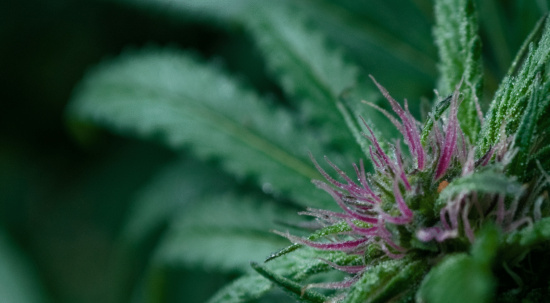
The California Assembly just passed this afternoon AB2312 by a vote of 41-28. Now it will head to the Senate. The bill will create a Board of Medical Marijuana Enforcement to oversee the medical marijuana industry in this state. Assemblymember Tom Ammiano introduced the Bill with the hopes of implementing statewide standards for the industry. Americans for Safe Access, United Food and Commercial Workers, patients and their advocates, as well as a local group, Emerald Growers Association, have been working together for its passage.
Here are some of the provisions of the bill as presented by Americans for Safe Access.
- Establish a self-sustaining Bureau of Medical Marijuana Enforcement (BMME) made up of state agencies, patient advocates, physicians and knowledgeable experts on medical marijuana.
- Establish a 2.5% tax on the sale of medical marijuana to pay for the BMME and the registry system.
- Explicitly protect patients civil rights, which were implicit in Prop. 215 but subsequently rejected by the courts.
- Grant authority to the BMME to issue regulations regarding registration approvals, inspections, security and anti-diversion measures, promotional practices, labeling, packaging, environmental practices, security, etc., and to enact civil penalties for violations.
- Allocate any additional funds raised beyond that which is needed to run the BMME to: the California Center for Medicinal Cannabis Research, grant programs for medical marijuana education, low-income assistance and health services, the Maddy Fund for emergency medical services, and research to develop environmentally sound cultivation practices.
- Outlaw the issuance or use of fraudulent physician’s recommendations.
- The Bureau of Medical Marijuana Enforcement (BMME) would be established under the Department of Consumers Affairs, the same department under which similar agencies, such as the Alcoholic Beverages Commission and California Medical Board, operate.
- The BMME would operate under a representative 21-member board including state agencies, patient advocates, physicians and knowledgeable experts on medical marijuana.
- Anyone in the business of cultivating, distributing, selling, processing, manufacturing, transporting, etc. medical marijuana for use by others would be required to apply for registration with the Bureau after July 1, 2013.
- Collectives that are now legally recognized under local regulations in cities such as San Francisco, Sacramento, etc., would be automatically granted registration for three years.
- Patients and primary caregivers growing at home for personal use only would be exempt from registration.
- Cities and counties would be forbidden to prohibit the operation of state-permitted medical marijuana businesses, but could establish reasonable zoning regulations on the location of facilities. Local governments would be required to allow at least one dispensary per county and one per 50,000 inhabitants. This requirement may be overridden by ballot initiative in cities or counties of more than 50,000, or by local governments in smaller jurisdictions provided they show that patients had adequate access by other means.
CLICK TO MANAGE